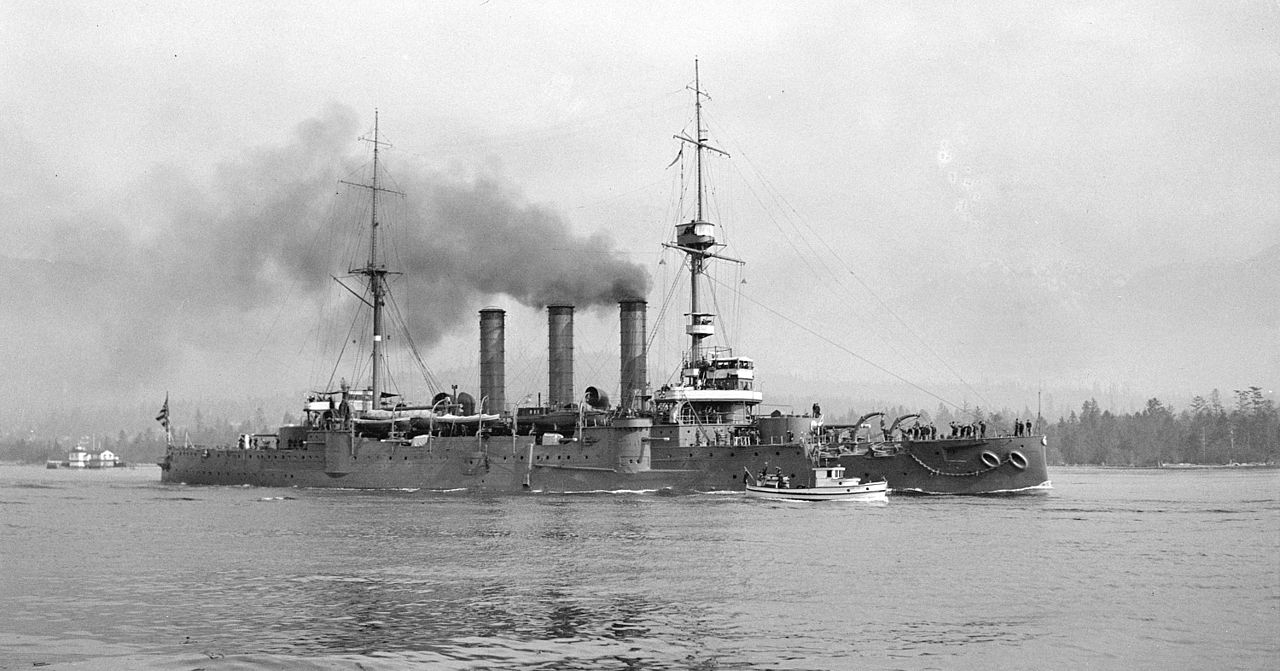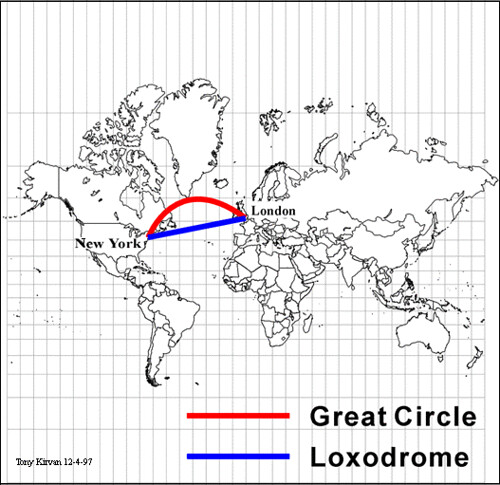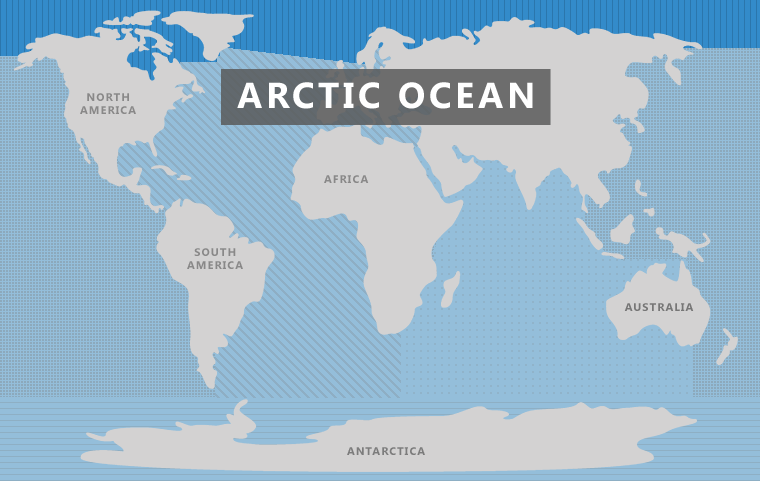- Reaction score
- 22,013
- Points
- 1,090
To recap your argument: Who cares about other Commonwealth nations. Except Britain.

Two points (in trying to keep a rein on revisionist history):Pusser said:.... the Battle of the Atlantic ...a Canadian led the allied forces involved, many of the key strategic decisions were still being made at the Admiralty.
Journeyman said:Two points (in trying to keep a rein on revisionist history):
1. Britain and Canada shared responsibility for North Atlantic convoys, hunting the enemy, and rescue... with the USN assuming control over the central and southern Atlantic. Northwest Atlantic Command "spanned from north of New York City to 47 degrees west," and was placed under the command of RAdm Leonard W. Murray on 30 April 1943. So Canada "led" in the NW half of the Atlantic.
2. This division was proposed by USN CNO Adm Ernest J. King at the Atlantic Convoy Conference (Washington DC: 1–12 March 1943). Not part of "the Admiralty."
Trivia: Northwest Atlantic Command was the only Allied theatre of operations commanded by a Canadian during the war.
Again, carry on with Mess discussions...

Journeyman said:But I suspect he felt the lesser evil was to keep the British and Canadians busy south of Greenland, without cluttering-up and pestering the Americans throughout the rest of the Atlantic.
Pusser said:Keep also in mind that the RN provided naval protection of British North America from the beginning and the establishment of the Naval Service of Canada was not so much a new creation, but rather (if you really delve into the Naval Service Act of 1910) the formation of a Canadian squadron of the RN.
Journeyman said:But I suspect he felt the lesser evil was to keep the British and Canadians busy south of Greenland, without cluttering-up and pestering the Americans throughout the rest of the Atlantic.
Nowhere did I say that anyone was north of Greenland.Oldgateboatdriver said:Journeyman: Nobody, and especially the Americans, operated North of Greenland, except the British who escorted the Murmansk convoys.But I suspect he felt the lesser evil was to keep the British and Canadians busy south of Greenland, without cluttering-up and pestering the Americans throughout the rest of the Atlantic.


Oldgateboatdriver said:Journeyman: Nobody, and especially the Americans, operated North of Greenland, except the British who escorted the Murmansk convoys. US operations in the Atlantic in WWII were limited to their own coast, the Caribbean's, one escort group for mid-ocean (E.G. 8 ) and the escorting of their own military convoys.
Oldgateboatdriver said:Yes she did. She was part of the HMS INDOMITABLE escort: a British task force. Individual Canadian ships may have served, but only as assigned to a British group. No Canadian task force, escort group or flotilla was ever assigned to the Murmansk run.
None of the Tribal class destroyers of Canada served under Canadian command in WWII: They all served in Royal Navy groups or fleets. The British were too chintzy to affect high end destroyers like the Tribals to mere mid-ocean escort tasks, regardless of the fact they would have been damn useful, and the Canadian Regular force "British" bent meant that they also looked down at the escort fleet as lower class to be left to the RCNVR. They wanted action with the real fleet, meaning with the Brits, and in fleet destroyers, cruisers and aircraft carriers.
E.R. Campbell said:The RCN, as a service, expanded far too much and too quickly in 1940 and 41. the RCNR and, especially the RCNVR simply could not cope and many (most) Canadians warships had to be pulled from convoy duty in 1942/43 for retraining: the captains and crews were not up to the job of mid-ocean escorts; it required levels of seamanship, ship handling and tactics that could not be learned "on the job." This is not, in any way, to denigrate the courage or abilities of those men ... they were, just, inadequately trained because the need for "throughput" overwhelmed the system. In 42/43 Murray was given more and more British ships and his Canadian ships were sent to special British squadrons, organized by Horton, specifically for training. It worked; it was, in a way, akin to the "battle schools" the Canadian Army used in the same time frame to turn uniformed civilians into soldiers.
Oldgateboatdriver said:To be fair FSTO, the British, from whom our Prime Ministers still took their cue in those days, also either didn't see it coming - or did not want to see it coming - "exiled" Winston Churchill's preaching in the desert to the contrary notwithstanding.
E.R. Campbell said:...
2. As in Canada, the impact of the Great Depression was especially severe in Britain ~ worse than in France or Germany because of the structure of the British economy. It was especially vulnerable to market failures.
...
Chris Pook said:I am not sure I can agree with you on your second point E.R. My families survived the Great Depression in Britain in reasonable condition. The Scots side worked in the Co-Op in coal mining parts of Ayrshire and the English side sold dairy equipment across Scotland. There are no family legends of people starving. There are tales of having to put a car up on blocks and reducing the maid staff to one that came in to work rather than living-in. There are tales of flying to Skye on business in a deHavilland Dragon Rapide.
The Jarrow March of 1936 happened but I never got any sense that the Depression in Britain was as generalized a disaster as it was in Canada and the US.
Indeed someplaces, like the Birmingham and the Midlands were booming building electrical products, cars and houses.
The Tyneside and the Rhondda were very badly hit.
